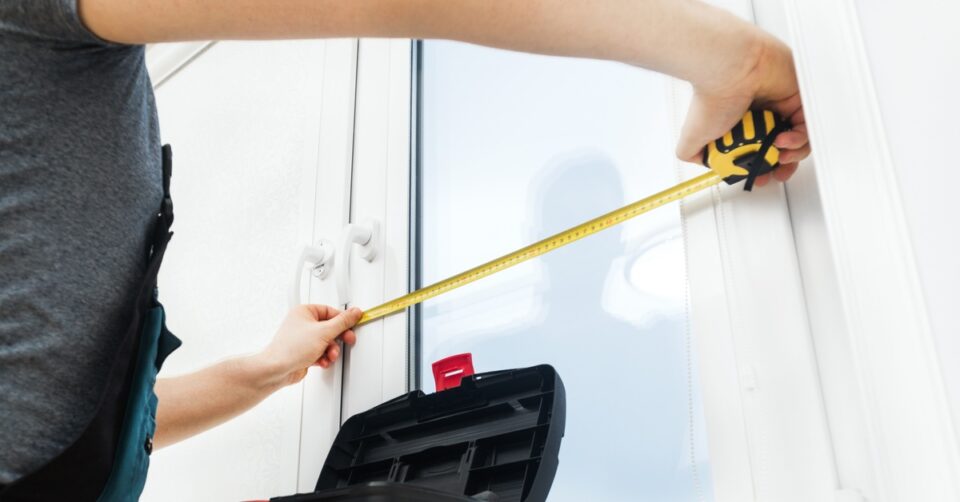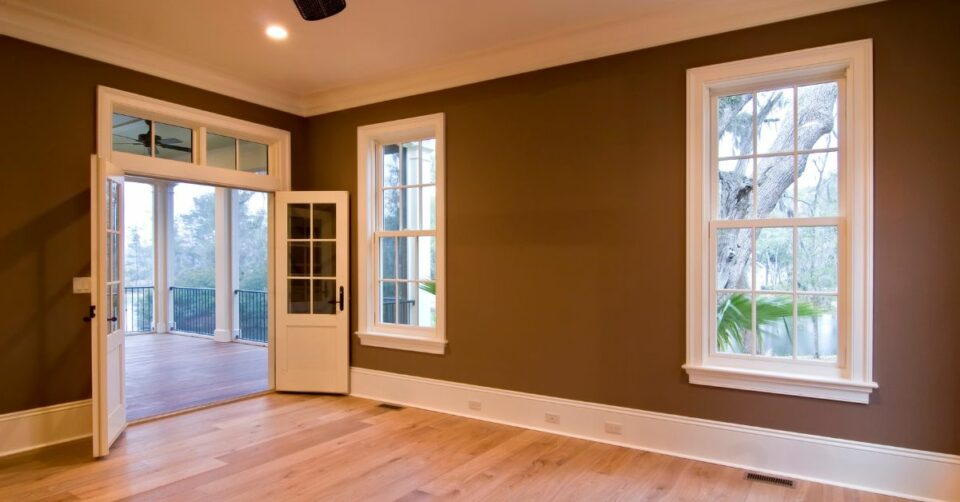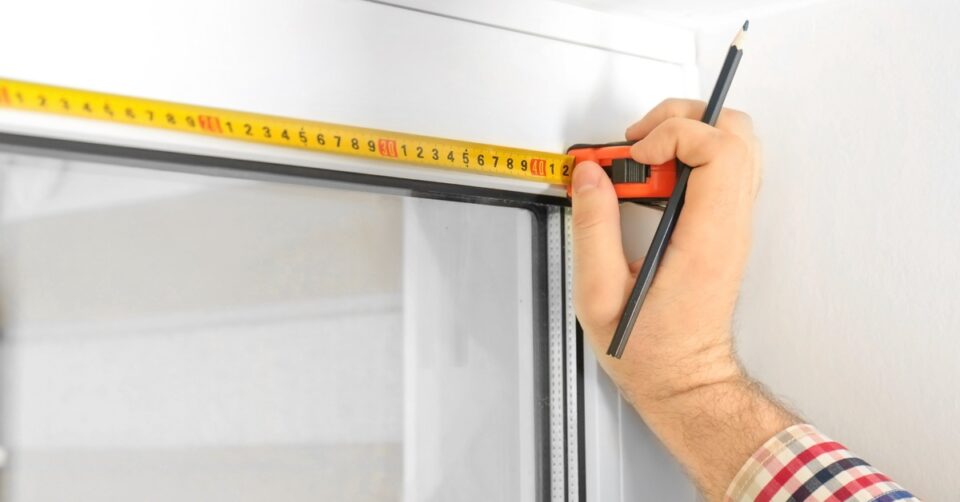
Choosing the Right Windows for High Ceiling Rooms
August 5, 2024
What To Do With Leaking Windows During Heavy Rains
August 26, 2024
Windows play a crucial role in every home. They bring in natural light, offer views of the outside world, and provide ventilation when opened. They can also significantly affect your energy bill. Understanding how your windows can impact your home’s energy bill can help you save money and create a more comfortable living environment. This blog post will explore various aspects of window design, materials, and maintenance to show how they can influence your energy consumption.
The Role of Windows in Energy Efficiency
Windows are a critical part of your home’s energy performance. They can either contribute to energy loss or help conserve energy. Poorly insulated windows can lead to heat loss in the winter and heat gain in the summer, causing your HVAC system to work harder. This increased workload results in higher energy bills. On the other hand, energy-efficient windows can reduce the need for artificial heating and cooling, saving you money in the long run. By understanding the role of windows in energy efficiency, you can make better choices for your home.
The Importance of Window Insulation
Effective window insulation is essential for maintaining a comfortable indoor temperature and reducing energy consumption. Double-glazed windows, for example, consist of two panes of glass with a layer of gas in between, providing better insulation than single-pane windows. Triple-glazed windows offer even more insulation. Properly insulated windows can prevent drafts, reduce heat loss, and improve your home’s energy efficiency. Investing in high-quality insulation can have a significant impact on your energy bill.
Choosing the Right Window Materials
The materials used in window construction can affect their energy performance. Vinyl, wood, aluminum, and fiberglass are common materials, each with its own benefits. Vinyl windows are affordable and offer good insulation, while wood windows provide excellent insulation and a classic look. Aluminum windows are durable but may not provide the best insulation. Fiberglass windows combine the benefits of other materials, offering durability and excellent insulation. Choosing the right material for your climate and home style can improve energy efficiency and reduce your energy bill.
The Impact of Window Frames
Window frames also play a significant role in energy efficiency. They support the glass and provide a seal to prevent air leakage. Insulated frames made from materials like vinyl or fiberglass can help reduce energy loss. Wood frames also offer good insulation but require regular maintenance. Metal frames, while durable, can conduct heat and lead to energy loss. Selecting the appropriate frame material and ensuring a proper seal can enhance your windows’ energy efficiency and lower your energy bill.
The Importance of Window Orientation
The orientation of your windows can influence your home’s energy efficiency. South-facing windows can maximize natural light and warmth during the winter, reducing the need for artificial heating. However, they can also lead to overheating in the summer if not properly shaded. North-facing windows provide consistent, natural light without significant heat gain. East- and west-facing windows can cause overheating in the morning and afternoon, respectively. You can optimize natural light and heat gain by considering window orientation to improve energy efficiency.
The Effect of Window Treatments
Window treatments, such as curtains, blinds, and shades, can enhance your windows’ energy performance. They can block out sunlight, reduce heat gain, and provide additional insulation. Heavy curtains and thermal blinds can help keep your home warm in the winter and cool in the summer. Reflective shades can reduce solar heat gain, while cellular shades offer excellent insulation. Using appropriate window treatments can improve your home’s energy efficiency and lower your energy bill.
The Role of Weatherstripping
Weatherstripping is a simple yet effective way to improve your windows’ energy efficiency. It involves sealing gaps around your windows to prevent drafts and air leakage. Various types of weatherstripping materials, such as foam tape, felt, and rubber, are suitable for different window types. Applying weatherstripping to your windows allows you to maintain a consistent indoor temperature, reduce energy loss, and save on your energy bill.
The Impact of Window Maintenance
Regular window maintenance is essential for ensuring their optimal performance. Inspecting your windows for cracks, gaps, and damaged seals can help you identify issues that may lead to energy loss. Cleaning your windows can also improve their efficiency by allowing more natural light to enter your home. Replacing damaged or worn-out components, such as seals and weatherstripping, can enhance your windows’ energy performance. Proper maintenance can prolong the life of your windows and ensure they contribute to lower energy bills.
The Role of Professional Installation
Proper window installation is crucial for maximizing energy efficiency. Even the best windows can underperform if not installed correctly. Professional installers have the expertise to ensure a tight seal, proper alignment, and secure fastening. They can also identify potential issues that may affect your windows’ performance. Investing in professional installation can help you achieve the full benefits of energy-efficient windows and reduce your energy bill.
The Impact of Window Design
The design of your windows can influence their energy performance. Casement windows, for example, provide a tight seal when closed, reducing air leakage. Double-hung windows, on the other hand, may allow more air infiltration. Awning windows can provide ventilation while keeping out rain. Bay and bow windows can enhance natural light and provide additional insulation. Choosing the right window design for your home can improve energy efficiency and reduce your energy bill.
The Significance of Energy Star Ratings
Energy Star ratings can help you identify energy-efficient windows. Products with the Energy Star label meet strict performance criteria set by the Environmental Protection Agency (EPA). These windows are designed to reduce energy consumption, lower greenhouse gas emissions, and provide greater comfort. By choosing Energy Star-rated windows, you can ensure your investment contributes to a more sustainable future and reduces your energy bill.
In conclusion, understanding how your windows can impact your energy bill is essential for making informed decisions about your home’s energy efficiency. Choosing the right windows for your home can not only prevent an increased energy bill caused by poor energy efficiency but lower your overall energy usage and bill.
If you’re ready to replace your windows, contact Scientific Home Services. Our experts will help with your window installation projects in Chicago.




